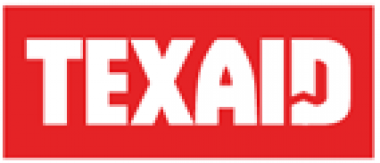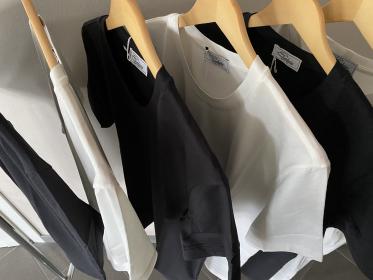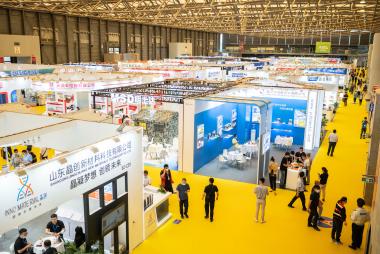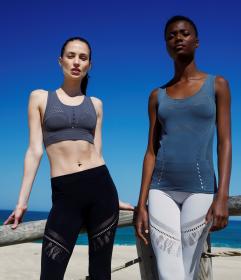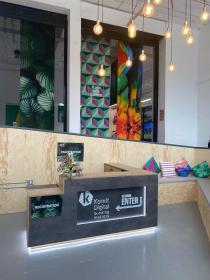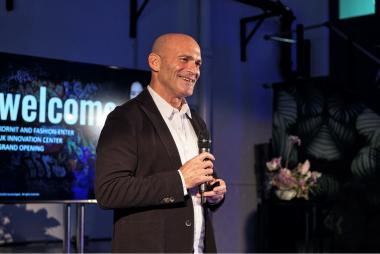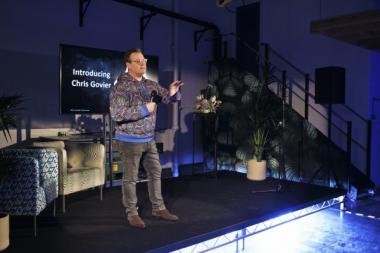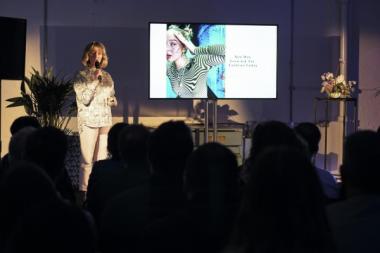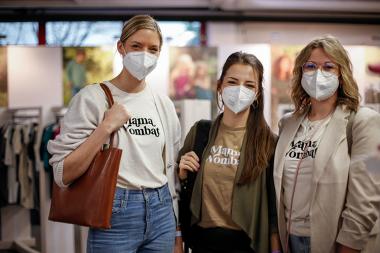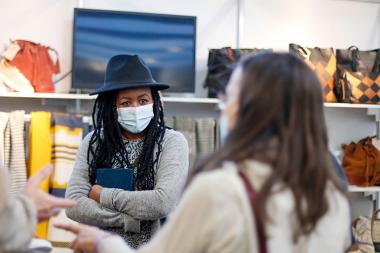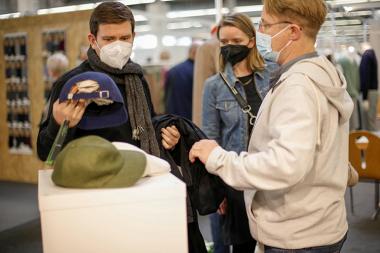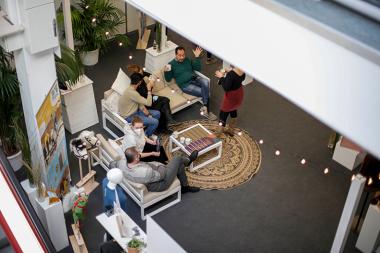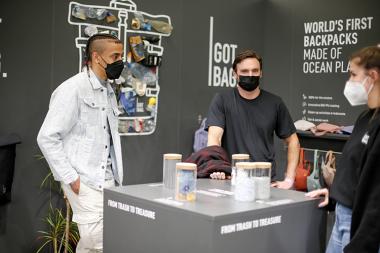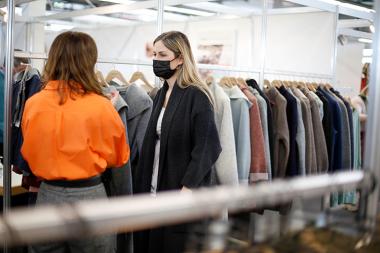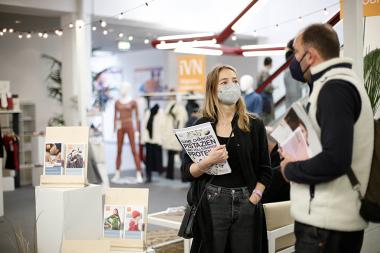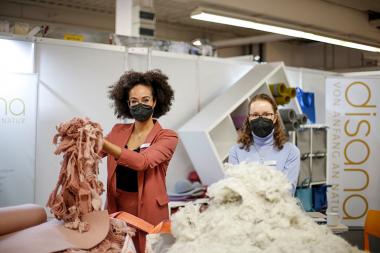Carbios, On, Patagonia, PUMA and Salomon team up to advance circularity
Carbios has signed an agreement with On, Patagonia, PUMA, and Salomon, to develop solutions that will enhance the recyclability and circularity of their products.
An important element of the two-year deal will be to speed up the introduction of Carbios’ biorecycling technology, which constitutes a breakthrough for the textile industry. Carbios and the four companies will also research how products can be recycled, develop solutions to take-back worn polyester items, including sorting and dismantling technologies, and gather data on fiber-to-fiber recycling as well as circularity models.
The challenge the four brands share, is that their ambitious sustainable development goals can only partially be met by conventional recycling technologies which mostly target bottle-to-fiber recycling. Future regulations will require more circularity in packaging and textile. Yet the market consensus is that there will soon be a shortage of PET bottles, as they will be used for circular production methods in the Food & Beverage Industry.
Carbios’ innovative process constitutes a technological breakthrough for the recycling of polyester (PET) fibers, which are widely used in apparel, footwear and sportswear, on their own or together with other fibers. PET polyester is the most important fiber for the textile industry with 52 MT produced, even surpassing cotton at 23MT. The biorecycling process uses an enzyme capable of selectively extracting the polyester, recovering it to recreate a virgin fiber. This revolutionary technology makes it possible to recover the PET polyester present in all textile waste that cannot be recycled using traditional technologies.
PET plastics and fibers are used to make everyday consumer goods such as bottles, packaging and textiles. Today, most PET is produced from fossil resources, then used and discarded according to a wasteful linear model. By creating a circular economy from used plastics and fibers, Carbios’ biorecycling technology offers a sustainable and more responsible solution.
Carbios








